Factors such as the advent of the aerospace sector and rapid industrialization around the world have increased the global demand for high-performance materials. In this way, the development of materials is associated with the expectation of final use and the required performance. This development takes into account fundamental requirements such as increasing the useful life and life cycle of products and materials, the sustainable use of natural resources, respect for the environment and the well-being of the population. The theme ‘Advanced Materials’ is naturally associated with adding value and is directly linked to the use of new materials and improvement of processes, the result of which is converted into improvement of the physical and chemical properties of traditional materials, creation of functional properties, as well as the its potential for recycling and conversion into secondary raw material.
Aligned with the world trend, the Advanced Materials Business Unit is structured to support the market in the development of materials or modifications, improvement of properties, optimizations and design of production processes or intelligent selection of new materials, enabling new functionalities that increase the competitiveness of materials that result in less environmental impact.
With a performance in materials that dates back to its very foundation and, as it is an Embrapii Unit in the High Performance Materials theme since 2012, the results of these activities at the Institute materialize in innovations, incremental and disruptive improvements in processes and products of companies, highlighting the mining, steel, oil and gas, pulp and paper, energy and automotive sectors.
The Advanced Materials Business Unit has a multidisciplinary team of qualified and recognized professionals in the market, and has a wide laboratory structure for carrying out R&D&I, technological services and tests/analyses. Its performance ranges from mathematical, physical and phenomenological modeling to experimentation on a pilot scale. Industry 4.0 or Advanced Manufacturing concepts are constantly applied to developed projects. This unit’s competences also include the development of technological routes for obtaining secondary raw materials from tailings and residues, based on the concept of the circular economy.
The unit’s teams and laboratory structure are organized into four laboratories: Corrosion and Protection Laboratory (LCP), Pulp, Paper and Packaging Laboratory (LCPE), Light Structures Laboratory (LEL) and Metallurgical Processes Laboratory (LPM).
Due to the inter and multidisciplinarity of this theme, the Advanced Materials Unit works in partnership with universities and other research centers, in addition to other IPT laboratories, as a way to take advantage of and complement creative combinations of experiences, technologies, processes and materials. The form of action also aims to create business models, partnerships and collaborations, through the development of projects, including arrangements with small, medium and large companies and startups, in addition to fostering national and international research.

